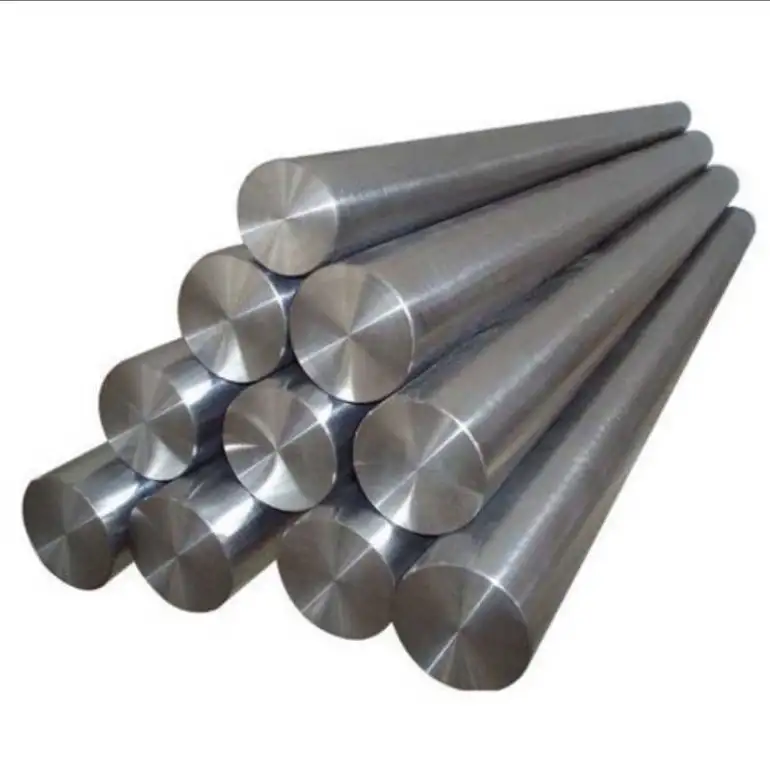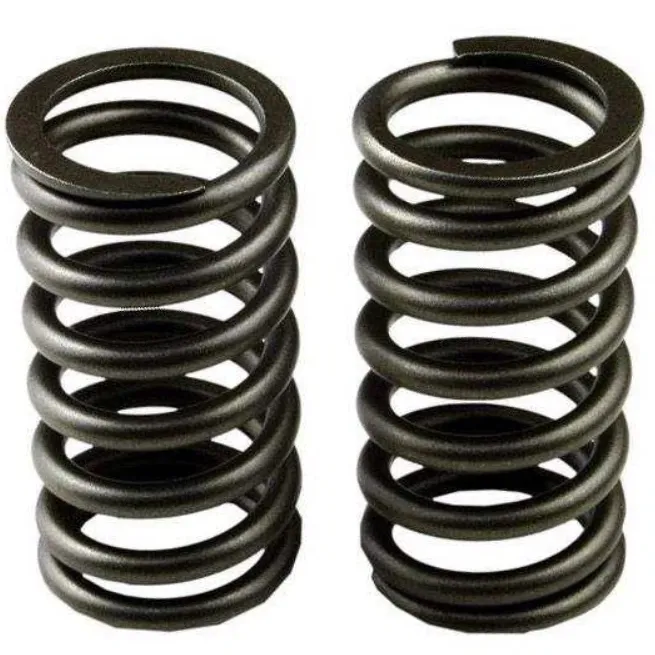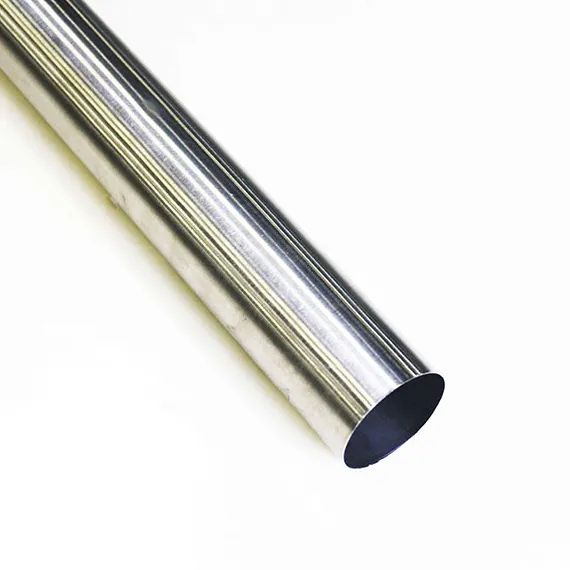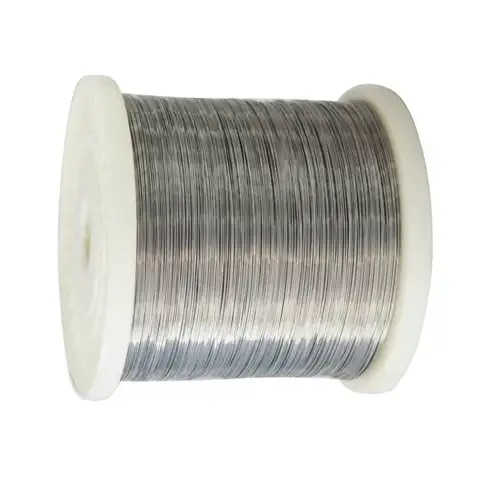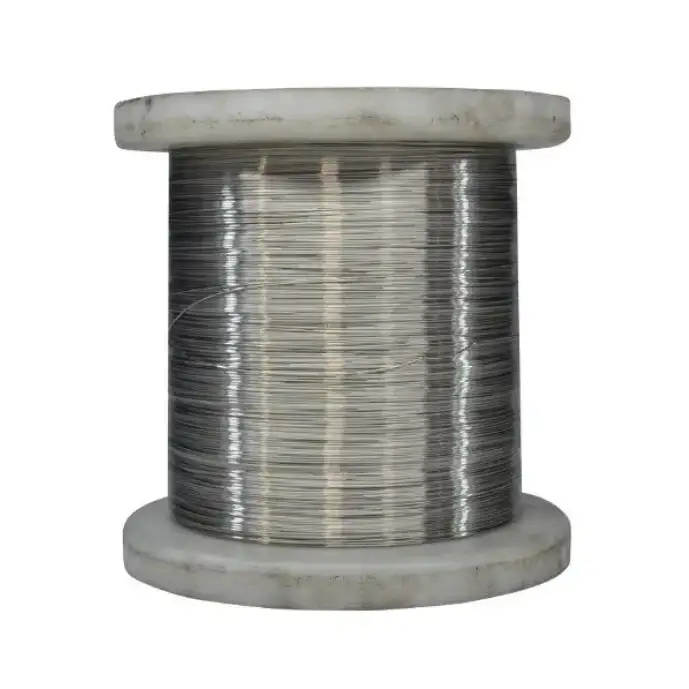Inconel® Alloy X‑750 is a precipitation‑hardenable nickel‑chromium superalloy prized for its high strength, creep resistance, and corrosion resistance at temperatures up to 800 °C (1,472 °F). At MWalloys, we supply custom Alloy X‑750 in plates, bars, rods, coils, pipes, and wire—tailored to your demanding industrial applications in aerospace, power generation, and chemical processing.
What Is Alloy X‑750?
Alloy X‑750 (UNS N07750) is a nickel‑chromium‑iron base alloy that gains its strength through a precipitation‑hardening treatment. Originally developed for turbine rotor disks and blades, it features excellent tensile and creep properties from cryogenic temperatures up to 1,000 °F (538 °C).
Inconel® X-750) Full Specifications
1. Chemical Composition (Weight %)
| Element | Min (%) | Max (%) | Key Role |
|---|---|---|---|
| Nickel (Ni) | 70.0 | — | Base alloy |
| Chromium (Cr) | 14.0 | 17.0 | Oxidation resistance |
| Iron (Fe) | 5.0 | 9.0 | Balance |
| Titanium (Ti) | 2.25 | 2.75 | Precipitation hardening |
| Aluminum (Al) | 0.40 | 1.00 | Precipitation hardening |
| Niobium (Nb) | 0.70 | 1.20 | Stabilizer |
| Carbon (C) | — | 0.08 | — |
| Manganese (Mn) | — | 1.00 | — |
| Silicon (Si) | — | 0.50 | — |
| Copper (Cu) | — | 0.50 | — |
| Sulfur (S) | — | 0.01 | — |
| Cobalt (Co) | — | 1.00 | Optional trace |
Notes:
-
UNS Designation: N07750; EN/W.Nr.: 2.4669 3510.
2. Physical Properties
| Property | Value | Unit |
|---|---|---|
| Density | 8.28 | g/cm³ |
| Melting Range | 1390–1430 | °C |
| Electrical Resistivity | 1.22 | μΩ·m |
| Thermal Conductivity (21°C) | 12.0 | W/m·K |
| Coefficient of Thermal Expansion (20–100°C) | 12.0 × 10⁻⁶ | K⁻¹ |
| Modulus of Elasticity | 213.7 | GPa |
| Poisson's Ratio | 0.30 | — |
3. Mechanical Properties (Minimum Specified)
Room Temperature (Annealed/Solution-Treated Condition)
| Property | Value | Unit |
|---|---|---|
| Tensile Strength (UTS) | 910–1100 | MPa |
| Yield Strength (0.2% Offset) | 550–790 | MPa |
| Elongation (A5) | 20–30 | % |
| Hardness (Brinell) | ≤350 | HB |
Elevated Temperatures (Precipitation-Hardened)
| Temp. | Tensile Strength | Yield Strength | Elongation |
|---|---|---|---|
| 650°C | 760 MPa | 620 MPa | 15% |
| 980°C | 550 MPa | 420 MPa | 10% |
Notes:
-
Strength optimized via aging (e.g., 705°C/16h + 620°C/8h).
-
Stress rupture strength (815°C/1,000h): 110 MPa.
4. Heat Treatment Specifications
| Process | Parameters | Standard |
|---|---|---|
| Solution Treatment | 1095–1200°C, rapid cool (air/water) | ASTM B637 |
| Precipitation Hardening | Option 1: 705°C/16h + 620°C/8h, air cool | AMS 5667 |
| Option 2: 885°C/24h AC + 705°C/20h AC | AMS 5542 | |
| Triple Aging (High Strength) | 1120°C/2h AC → 845°C/24h AC → 705°C/20h AC | AMS 5668 |
Critical Notes:
-
Avoid sulfur-containing atmospheres to prevent sulfidation.
-
Not recommended for prolonged exposure in 650–870°C range (risk of embrittlement).
5. Key Applications
| Industry | Components |
|---|---|
| Aerospace | Jet engine springs, turbine blades, fasteners |
| Nuclear Power | Reactor core components, pressure vessels |
| Energy | Gas turbine parts, heat exchangers |
| Industrial | High-temperature bolts, extrusion dies |
6. International Standards
| Product Form | Standards |
|---|---|
| Bar/Rod | ASTM B637, AMS 5667/5668, EN 10269 |
| Sheet/Strip | ASTM B670, AMS 5542/5598 |
| Forgings | ASTM B564, AMS 5662 |
| Tubing | AMS 5589/5590 |
Note: Compliant with NACE MR0175 for sour gas environments.
Applications of Alloy X‑750
-
Aerospace: Turbine discs, blades, fasteners, and combustion chambers.
-
Power Generation: Springs and fasteners in nuclear reactors, gas‑turbine components.
-
Chemical Processing: Heat‑exchanger tubes, valves, and impellers in corrosive services.
-
Oil & Gas: Downhole tools and high‑temperature flanges.
Why Choose Alloy X‑750?
-
Strength at Temperature: Maintains > 75% of room‑temperature tensile strength at 700 °C.
-
Versatility: Usable in welded or wrought forms after proper aging.
-
Longevity: Exceptional creep‑rupture life extends component service intervals.
-
Corrosion Resistance: Resists oxidation in superheated steam and sulfur‑bearing atmospheres.
Manufacturing & Forming Alloy X‑750
Alloy X‑750 can be hot‑worked in the range of 980–1,140 °C and cold‑worked for sheet, bar, or wire. The typical heat treatment involves solution‑annealing at 1,040 °C, rapid quenching, then aging at 700–750 °C for 4–6 hours to precipitate γ′ (Ni₃(Al,Ti)).
Comparison with Similar Alloys
| Property | Alloy X‑750 | Inconel Alloy 625 | Inconel Alloy 718 |
|---|---|---|---|
| HT Strength | Excellent | Very good | Superb |
| Creep Resistance | Excellent | Good | Excellent |
| Corrosion Resistance | Very good | Excellent | Good |
| Precipitation Hardening | Yes | No | Yes |
| Typical Use Temp | ≤ 800 °C | ≤ 980 °C | ≤ 650 °C |
Alloy X‑750 welds well using nickel‑base filler metals (ERNiCr‑3 or ERNiCrFe‑7). Preheat to 150–200 °C, control interpass temperature below 300 °C, and post‑weld age to restore precipitation‑hardened strength.
global price comparison
| Form | Region / Supplier | Price Range (USD/kg) | Notes & Source |
|---|---|---|---|
| Plate/Sheet | India (Mumbai) | $47–60 (₹3,500–4,500/kg) | Bars & plates ~₹3,000–4,500/kg |
| China | $15 (1 kg MOQ) | Price listed ~$15/kg | ||
| Bar/Rod | India (Mumbai) | $41 (~₹3,500/kg) | Bar ~₹3,500/kg | |
| UK/Europe (Thomasnet) | — | Distributor available | |
| Coil | USA (Goodfellow) | — | Price available on request |
| Wire | China | $35–45 (bulk pricing tiers) | 10–499kg @ $45/kg, ≥1,000kg → $35/kg | |
| China (Alibaba) | $15–50/kg | Wire & coils $15/kg+ |
📌 Key Takeaways:
-
Plate/Sheet in India ranges from $47 to $60/kg; China offers budget pricing at ~$15/kg for small batches.
-
Bar/Rod prices in India are ~$41/kg; UK/EU prices not listed but available via distributors.
-
Coil prices are often quoted upon request, e.g., via Goodfellow in the USA.
-
Wire pricing varies by volume: from $45/kg (small orders) down to $35/kg (bulk) in China.
🔍 FAQs
1. What heat-treatment is required for peak strength?
Alloy X‑750 achieves optimal properties through a three-stage process:
-
Solution-treat at ~2100 °F (1150 °C),
-
Stabilize at 1550 °F,
-
Precipitation-age at 1300 °F for 20 hours, then air-cool.
This yields excellent strength and creep resistance up to 1300 °F (700 °C).
2. Is Inconel X‑750 weldable without property loss?
Welding X‑750 is feasible but leads to localized weakening in the heat-affected zone.
Specialized filler rods (ERNiCr-3/718) are used, followed by post-weld heat treatment (solution + age) to restore strength.
3. What is its corrosion resistance profile?
The alloy resists oxidizing and reducing environments up to ~1300 °F.
Age-hardened X‑750 is also highly resistant to chloride-ion stress corrosion cracking, making it suitable for marine and nuclear applications.
4. What are the typical mechanical properties?
Room-temperature tensile strength ranges from 930 to 1034 MPa (135–150 ksi), with ≥ 20% elongation.
At 400 °C (750 °F), UTS remains ~745 MPa, and yield ~365 MPa.
5. Why choose X‑750 over alloys like 718 or 625?
-
Stiffness & high-temp strength: X‑750 shows slightly higher modulus and better stress-rupture at 1400–1600 °F than 718.
-
Chloride SCC resistance: Rated for NACE MR0175 service up to 50 HRC—superior to 718 in sour conditions.

